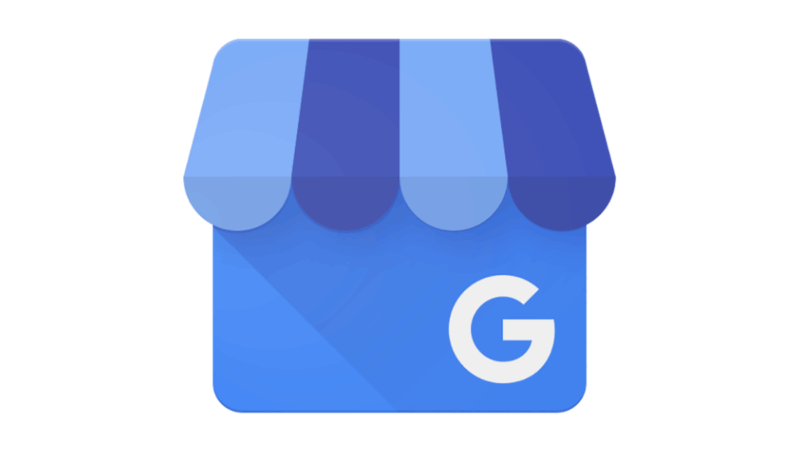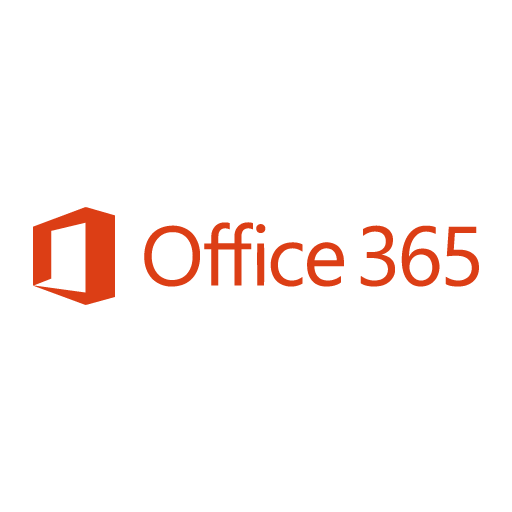I Built A $3M/Year Trading Card Business
Hello! Who are you and what business did you start?
My name is Brian and I own PokeNE - We are a 7-figure TCG business that provides customers Pokemon cards as well as a few other IPs (One Piece, Dragon Ball, etc). Our specialty is providing a safe and secure source of foreign-language cards. We are the largest online store to provide not only English Pokemon cards, but also Japanese, Korean, Thai, Indonesian, and Chinese Pokemon as well.
Our Japanese Pokemon cards are what put us on the map but English cards are equally popular. The main thing people buy is sealed booster boxes which contain around 20-36 booster packs. People love giving our other niche items a try too - our best seller lately has been a variety pack of various packs that gives people a little taste of everything.
Margins in the TCG sealed space are rough but we try to add a 15-18% markup on most items - we work on volume - selling between $8K and 12K per day. Most months, we reach 300K in sales with a slight dip in the Summer and a decent uptick in the Winter during the holidays. We hit just north of 3M in revenue in 2023 and after all expenses (including 130K in shipping alone) we net around $300K






























